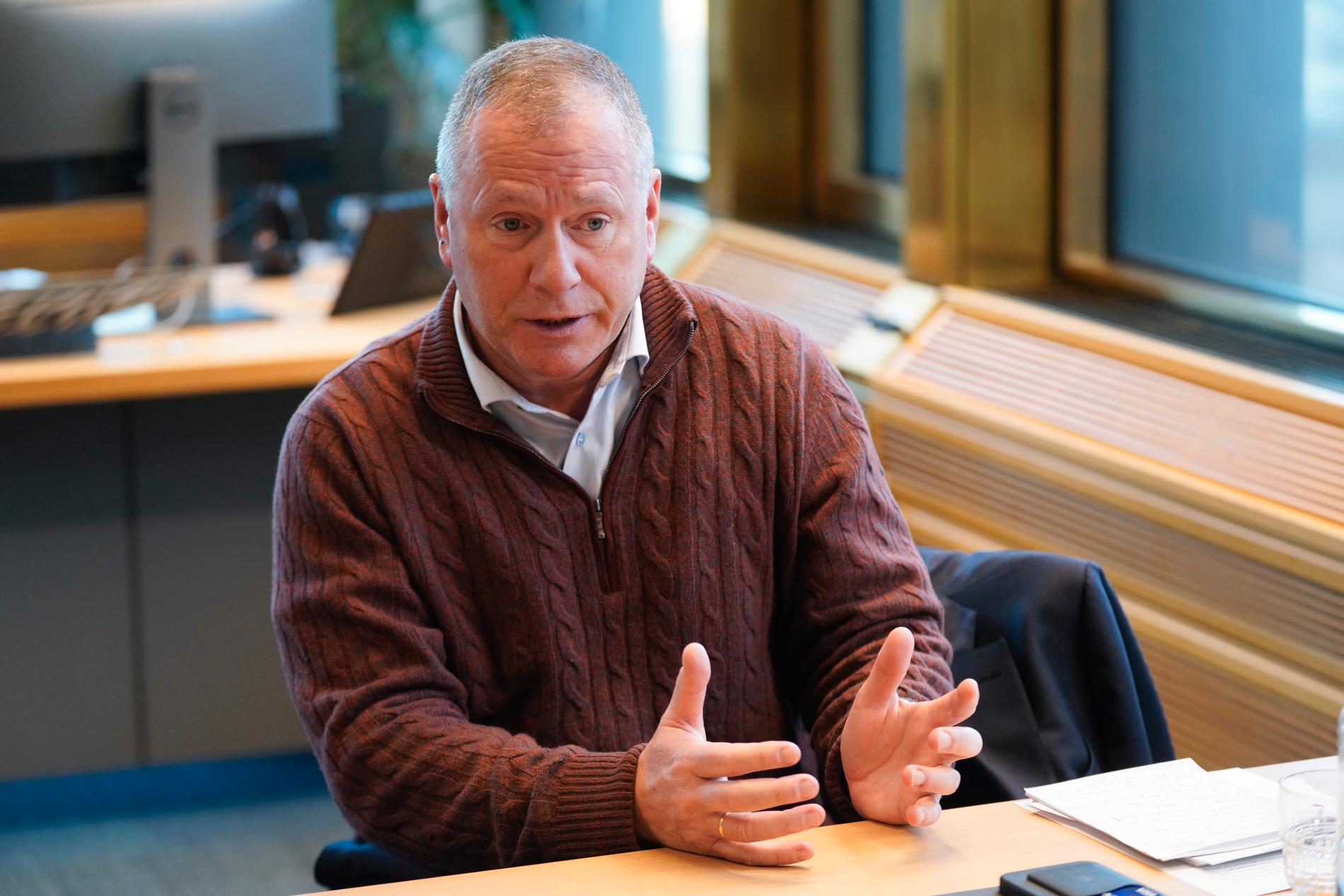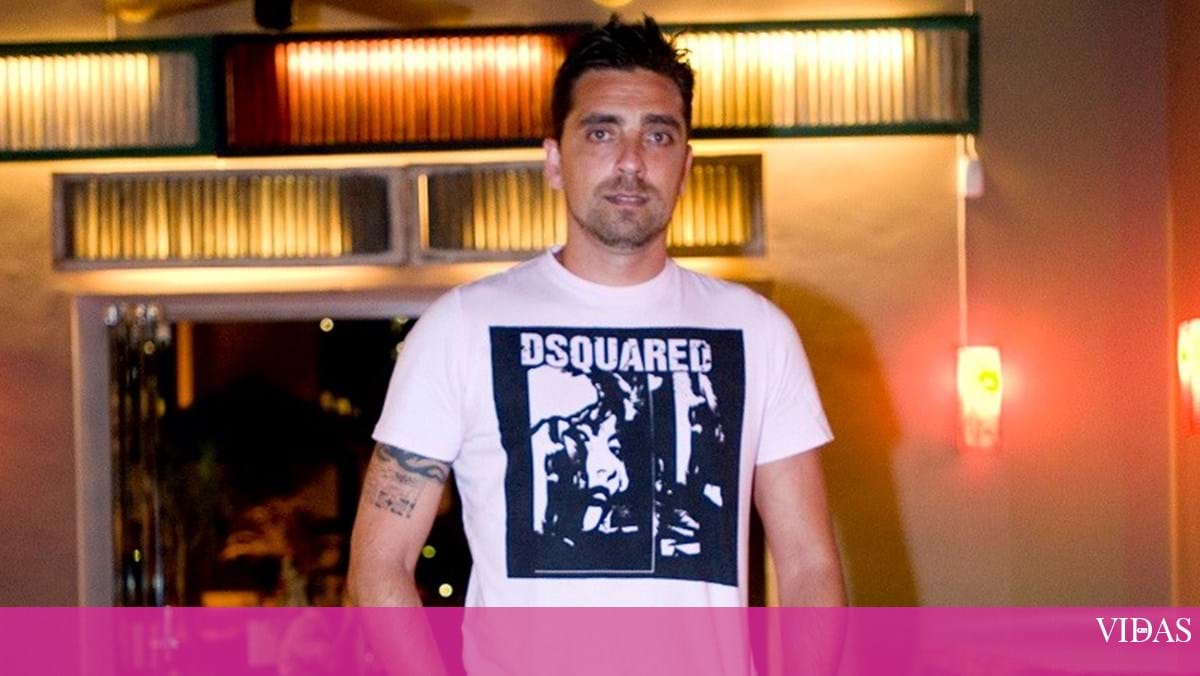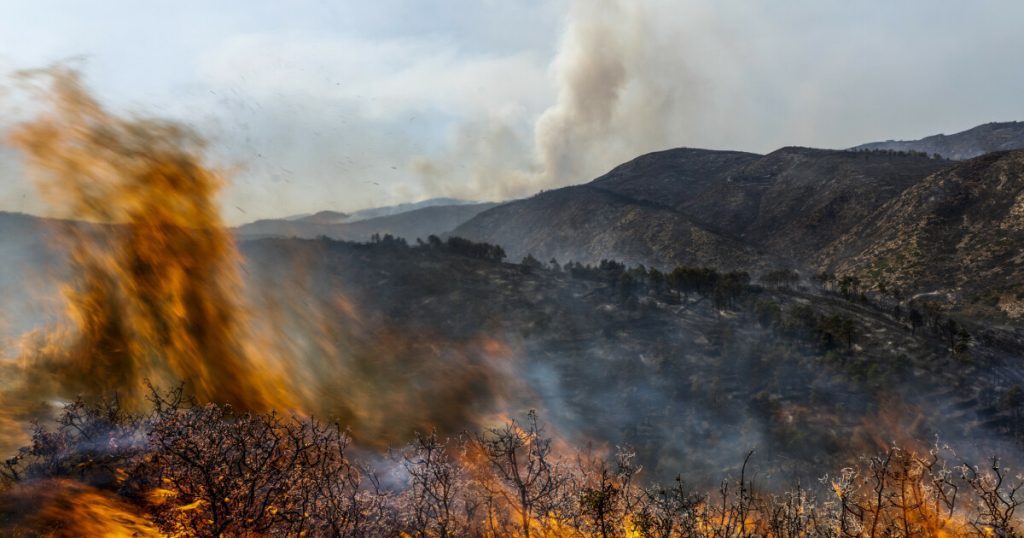There aren’t many reasons to be optimistic, Arvin Gadgill, director of the United Nations Development Program in Norway, tells Dagbladet.
It comes on the heels of the United Nations report on Human development from 2021/20, which indicates that for the first time there has been a decline in the world for two years in a row. The report, presented Thursday, shows that the average of 191 countries in the world go back six years to 2016.
– This is very dramatic. The figures in the report show that we can no longer take for granted that the world’s human development is heading in the right direction. But what’s really exciting is that individuals’ lives are affected by this, says Gadgill.
The measure is the so-called sustainability goals, of which the three most important are clearly defined: eradicating poverty, combating inequality, and halting climate change by 2030.
The new normal
Since the deterioration in living conditions now extends to more than two years in nine out of ten countries in the world, the United Nations calls it a global trend.
– What are the reasons for the decline?
– Mega crises, the crisis of climate and living conditions, which resulted, among other things, from the war, severely affect the situation. It must be said that there are signs – if not a regression, then a slowdown in human development – before the crises start, he says and adds:
We must not understand crises as something valid for a few years before we return to normal. Crises are the new normal, unfortunately. This means that we should be able to handle these situations better.
Not optimistic: Arvin Gadgill, director of the United Nations Development Program in Norway, is not optimistic about the findings in the report. Photo: private
Show more
– start crack
The report shows that there are many reasons why development is going in the wrong direction, including that uncertainty about the future and polarization go hand in hand and are an obstacle to solidarity and joint action.
When we ask people if they trust most people, less than 30 percent of them answer so. At the same time, there is a fairly significant experience of insecurity – six out of seven people feel insecure about their future. Both statistics indicate that we have a community that is beginning to show cracks, says Gadgill.
Gadgill says the pandemic has had “serious consequences” for economic growth, employment and health, but also for political and civil rights, because the measures initiated in many countries have been too strict.

Worried about severe weather cuts
warns of “difficult years”
Gadgill says he’s by no means optimistic, but he believes action can still be taken.
– I think it’s possible to reverse, so we can get to it Sustainability goalsbut it might still be a tough few years before human development can pick up speed and make up for what it lost, he says.
He believes that the belief that Norway is an isolated island unaffected by the decline in human development is a fantasy, and adds that on the contrary, it will have a “fundamental influence” on Norway.
– It seems that the Norwegians should be worried?
– Should. I fell back six years. That’s a lot. There are many individual destinies this hits in a very serious way. But he says humanity, in general, is much better than it was 20 years ago.
– What will be the outcome if this trend continues?
– What we lost is nearly six years of development in two years. If we see it in perspective, that humanity had improved after all for the 30 years before that, that evolution is very dramatic and a sign of danger for individual societies, says Gadgill.
He adds:
– This is a completely new situation for those of us who are dealing with development issues. We do not fully understand to what extent this trend has clearly reversed, and what kind of consequences it has for political stability and human well-being.
Norway has moved down
The survey is often referred to as a kind of ranking of the best countries in the world to live in. With the exception of 2010, 2012 and 2013, Norway has been ranked by the United Nations as the best in the world in terms of development since 1997. Norway is second only to Switzerland.
Switzerland also tops the list in the new annual report, ahead of Norway, Iceland, Hong Kong and Australia.
Gadgil confirms though Norway moved to the bottom of the listHowever, the Norwegian people’s performance has improved.
– The value of the index is increasing, so people in Norway have been marginally better off, but other countries have fared much better in that time period, including Switzerland, which has outpaced Norway, he says.
It is important to understand that people are getting worse in nine out of ten countries. Norway is not among them. He adds that Norway is in a unique position and will continue to improve, in a situation where almost everyone is going in the opposite direction.

“Organizer. Social media geek. General communicator. Bacon scholar. Proud pop culture trailblazer.”







More Stories
– We are not very ambitious – E24
It could be worth more than half a billion kroner – E24
Two children found dead in Sweden – suspected murder